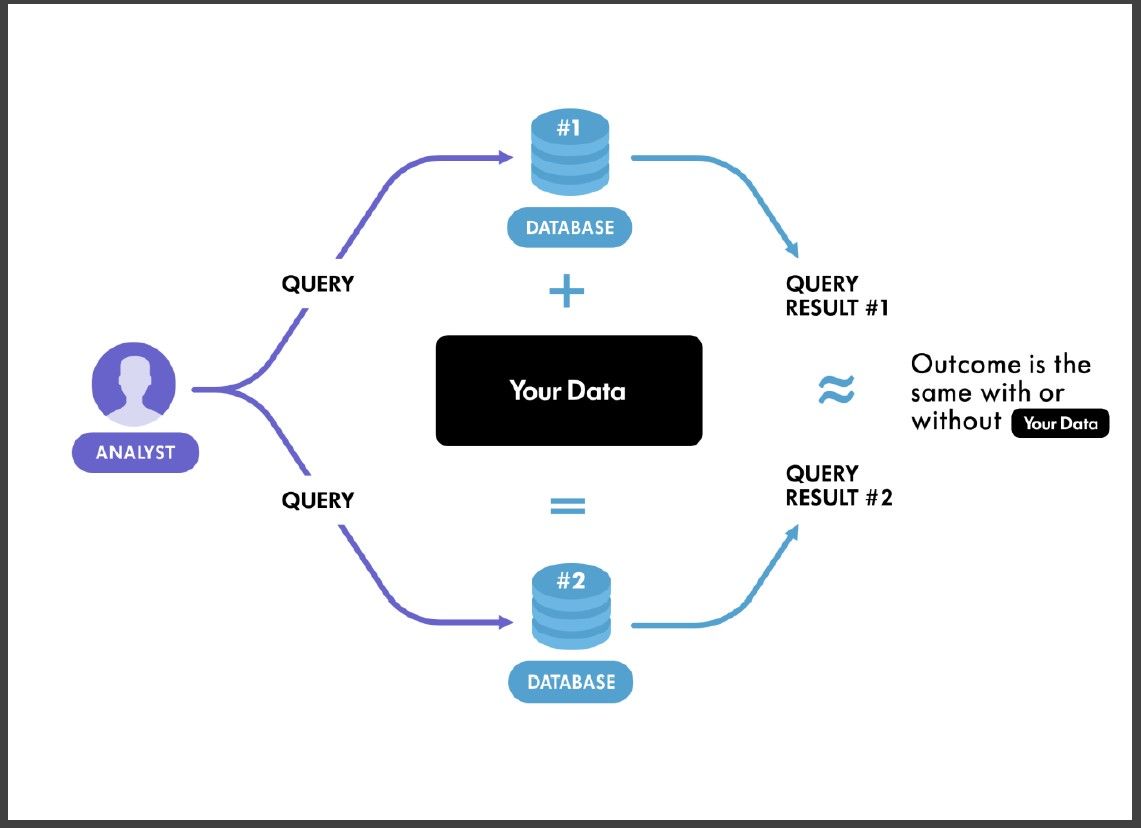Differential privacy is a field of data privacy that focuses on protecting the data of individuals when sharing it with other users. It is based on the idea that each individual in a data set should have their own privacy budget, which limits how much of their data can be used without their consent. In order to provide superior protection, differential privacy usually combines methods such as cryptographic algorithms, data masking and differential noise additions.
The idea behind differential privacy is to allow the data set to be useful while still ensuring that no single person can be identified from the data set. Differential privacy also provides a measure of uncertainty, which allows data to be shared without compromising the privacy of the individual. This is because the algorithm used adds noise to the individual’s data set, which creates a level of uncertainty that makes it impossible to identify the individual.
Differential privacy is commonly used in data analysis, machine learning and artificial intelligence. It has become an increasingly popular way to ensure data privacy in an age where data breaches are becoming more common. Differential privacy can also be used for various data security purposes such as anomaly detection, and to control access to data sets.
Overall, differential privacy is an important element of modern data security and privacy. It allows data to be shared without sacrificing the security and privacy of individuals, and ensures that personal data remains confidential and secured at all times.





